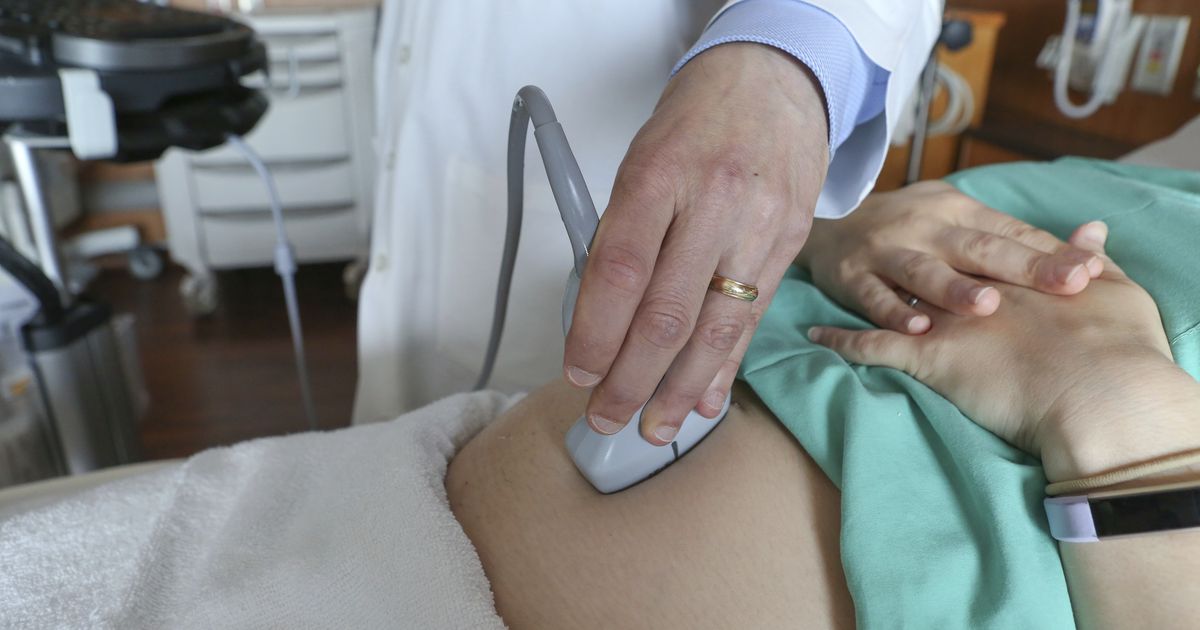Motherhood. One the most demanding yet essential duties that billions of women have shouldered since the beginning of time. Yet, in society’s efforts to support this role, many unintended consequences have caused women to deviate from and postpone motherhood.
While there are the obvious reasons for delaying children: contraception, education, career plans, there are other reasons why I have been turned off to motherhood for most of my young adult life.
Growing up, many of my female role models were stay-at-home mothers. I observed their housekeeping, unconditional support of their husbands, moral contributions to the family and accessibility. I also observed postpartum depression, silent tears, disordered eating, worried nights and a lack of personal time. I admire them so much, but for a long time, motherhood scared me. It’s scary to think that once I become a mother, my body and personhood could be objectified, held hostage by idealized yet unattainable standards and evaluated by my body’s usefulness. Society’s pervasive maternal objectification causes women to self-objectify before they even become mothers.
As I reflected on this disconnect between how society encourages motherhood while simultaneously undervaluing the individual women in these roles, I was reminded of “the Madonna-whore complex.” This term, first coined by Sigmund Freud to support his Oedipal theories, describes a phenomenon that still permeates our societal views of gender. Originally meant to dichotomize female characteristics and sexuality into two parts, Madonna and whore, it is now a belief that perpetuates patriarchal oppression. Madonna refers to chaste, virtuous and motherly traits, while whore refers to promiscuous, easy and hypersexual traits. This has influenced how most men and women have internalized women’s bodies and purposes.
Women are often expected to fulfill roles and expectations that benefit men. When women are objectified, they are only seen in the role they are placed in. Society’s obsession with women’s bodies and agency is overtly seen in the sexualization of women, particularly in media. Maternal objectification is when women are seen as a literal object, a “human incubator” or “womb for rent,” and are “treated as bodies that exist for the use or consumption of others, stripped of their individuality and personality.”
Motherhood, though extremely necessary and remarkable, is undervalued. This contributes to objectification since it celebrates women for their body’s usefulness and dismisses the broad range of women’s experiences.
Once a woman becomes and shows she is pregnant, there is a cultural invitation to maternally objectify the woman’s body and identity. A recent systematic review of 23 studies on the objectification of motherhood found patterns of objectification at the hands of others and oneself. By others, many women experience a loss of autonomy especially with nonconsensual belly-touching, comments about one’s weight and appearance, and frequent questioning about when they’ll have another baby. One may cause self-objectification by adopting an outsider’s “perspective on one’s body and value.” Self-objectifying causes a disconnect between an individual and their body and correlates with postpartum depression, disordered eating, body shame, negative beliefs about breastfeeding and fear of childbirth. Even those who do not have children may start to self-objectify their body, forsaking personal identity for societal utility.
function onSignUp() { const token = grecaptcha.getResponse(); if (!token) { alert("Please verify the reCAPTCHA!"); } else { axios .post( "https://8c0ug47jei.execute-api.us-east-1.amazonaws.com/dev/newsletter/checkCaptcha", { token, env: "PROD", } ) .then(({ data: { message } }) => { console.log(message); if (message === "Human

























